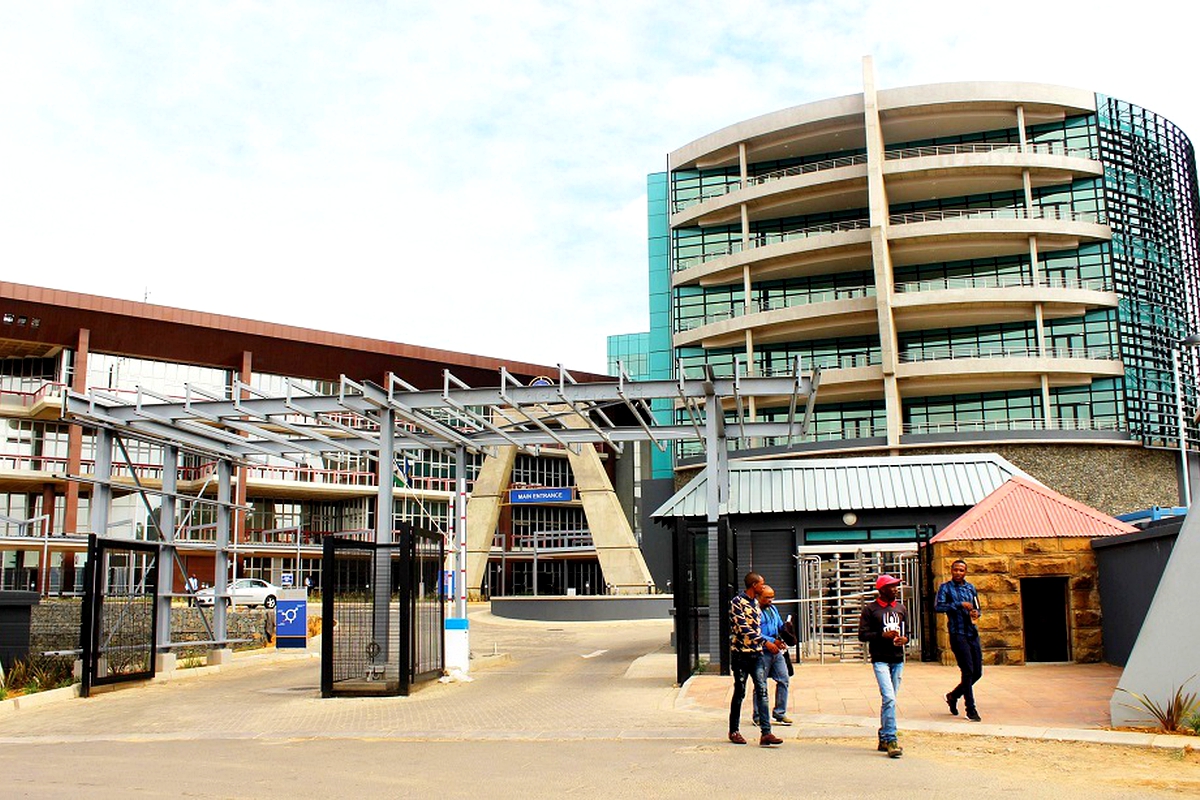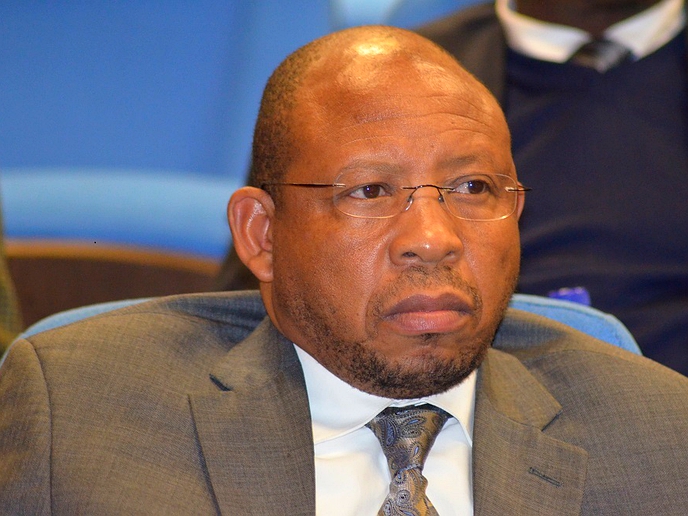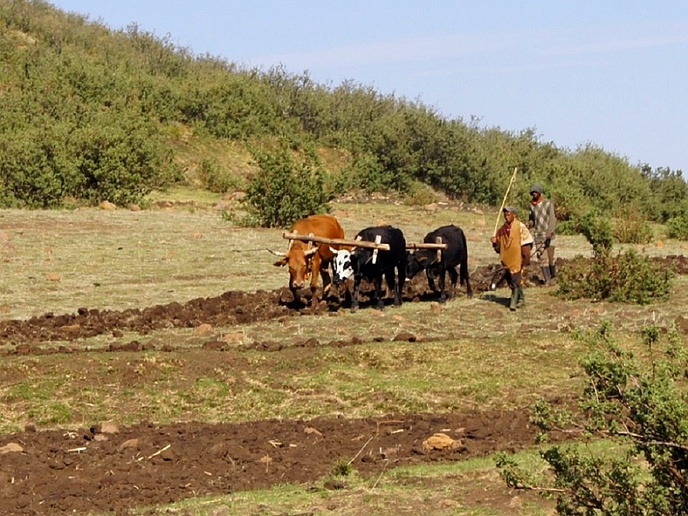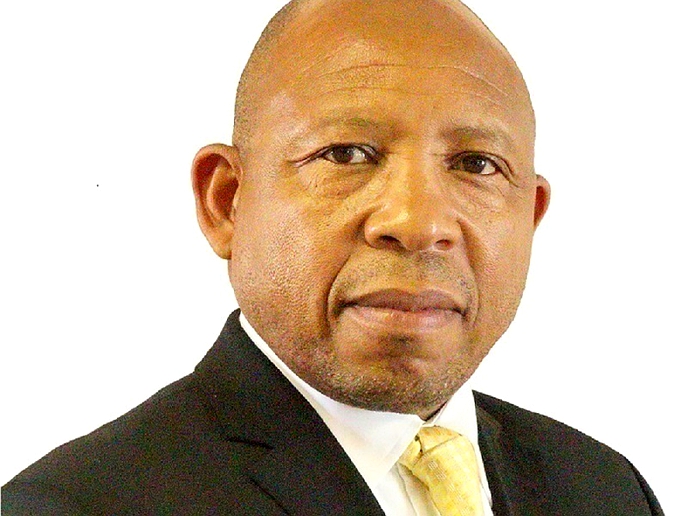GOVERNMENT employees’ pension fund is probably the most liquid asset that Basotho own and should be handled with caution.
comments
Jan. 6, 2022
EDITOR
3 min read
Pension fund is all Basotho own

The Central Bank of Lesotho
Story highlights
Lesotho’s economy is owned by international monopoly capital with crumbs only left for the indigenous Basotho. Major businesses on Kingsway Road are owned by foreigners.
The only two malls Basotho partially owned are occupied by food retailers, commercial banks, supermarkets, liquor stores and clothing retailers, all owned by South Africa’s white monopoly capital. Hardware stores along our main roads are owned by Asians.
It is appalling that we buy even the most basic foodstuffs from the foreigners who are fundamentally traders with no amount of value to add to the products they sell to us. Why do we have to buy Sunlight, Coke, Salt, Sugar, from the Chinese shops yet they did not manufacture them? Why do we have to buy housing materials from Indian hardware stores yet they did not process them?
These are businesses that should be the preserve of Basotho and all we have to do is to cross our borders and buy from the neighbour in order to resell. It is an indictment on the authorities to rethink their role in public office. Why do we have to vote into power people who are only doing it to earn a salary? What is their story if they cannot think job creation? What is it that they tell us at the political rallies if they are clueless about how the economy should be run?
The usual rhetoric of we will build you roads; ‘connect you to electricity; built you clinics,’ is old fashioned. The country needs leaders who can think - those who can manage the economy and make it grow. We are tired of politicians who are jostling for positions with no amount of effort to create jobs for the people.
Our government is cash strapped.
Economic growth projections are bleak.
Job opportunity prospects are non-existent and our only redeeming feature is a M5 billion pension fund whose owners have been boxed into a corner because trustees treat them like they have limited capacity to act.
If the main purpose of a retirement fund is to provide a retirement benefit to participating members on retirement, or to their dependants upon the death of the member, then civil servants must be treated with respect.
Government employees should be involved in the running of their fund. Just because government contributes five percent into the fund should not give them leeway to bully the employees. They must have a choice as to the investment strategy applied on contributions, which are allowed for by offering investment funds with different risk-return profiles.
Up to now, the Public Officers’ Defined Contribution Fund has not published its annual report since 2018. They must remember that the retirement fund needs to make sure that members are given sufficient information about the available options to make an informed decision.
Enjoy our daily newsletter from today
Access exclusive newsletters, along with previews of new media releases.
It is the members who carry the majority of investment and other risks and everybody working on the fund must bow to the government employees. The trustees are elected and appointed to manage the affairs of the retirement fund and they must refrain from being aloof but deliver on the benefits promised in the rules of the fund.
While we need to live with the fact that almost all of the investment managers of the Public Officers’ Defined Contribution Fund are South African companies except for the Central Bank of Lesotho, Basotho government employees have choices in respect of the investments. The overall asset mix of the fund will be greatly affected by the members’ aggregate investment risk profile.
Therefore, it is imperative that the relevant government authorities apply their mind to the demands of the members who ultimately should dictate the trustees’ attitude towards the fund’s investment strategy. The fund should not be an insult to the aggrieved members but it should be a benefit to citizens by enabling them to support themselves and continue to maintain a decent living standard on retirement.
Tailored for you






